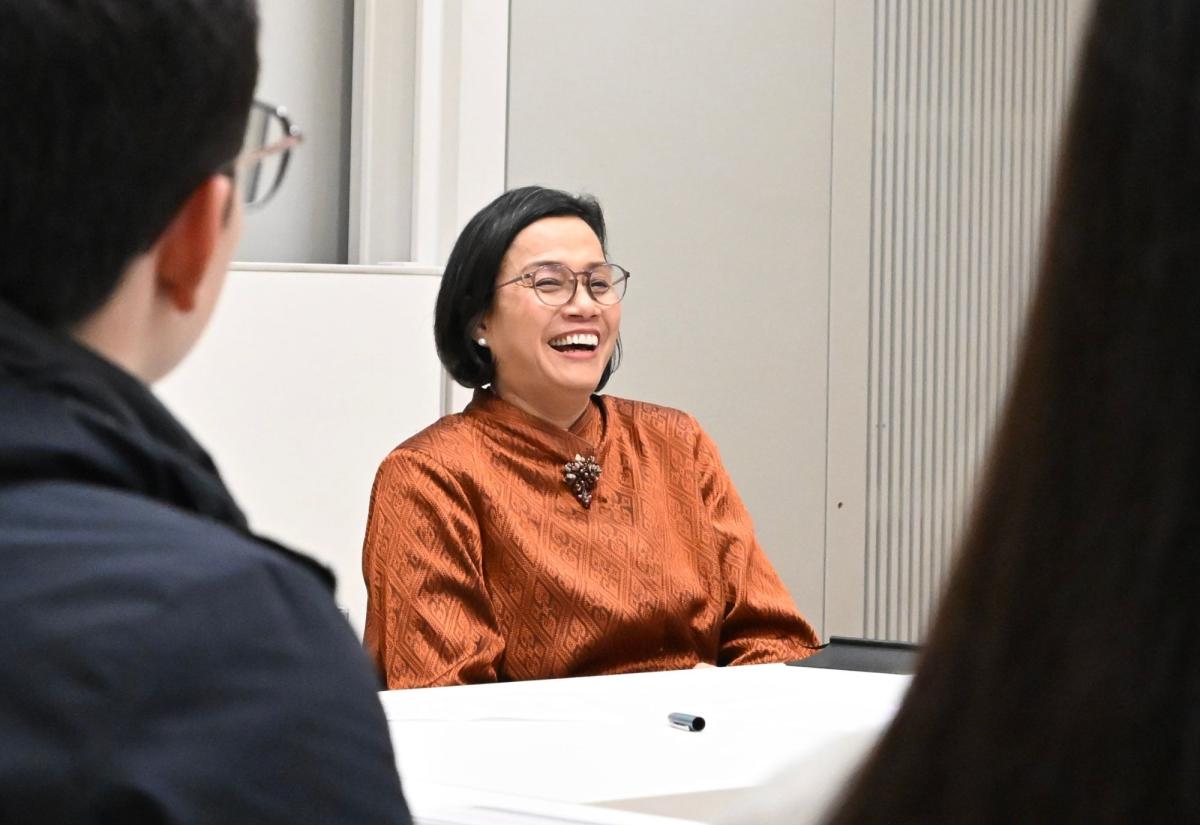* only in a simulation!
Countries have been negotiating a solution to climate change for two decades. This December hundreds of state parties and observers, plus thousands of representatives from intergovernmental bodies, activists and lobbyists will be meeting in Paris for the 21st Conference of Parties (COP21) to the United Nations Framework Convention on Climate Change (UNFCCC). The climate crisis is more urgent than ever. If an agreement is not reached this time, many argue it could be too late to contain climate change to a safe level.
While it’s hard to say what will happen in Paris, at the Blavatnik School of Government this week we are simulating the negotiations nine months before they actually happen.
Each of our MPP students has been given a role as country delegate or as ‘observer’ (these include environmental NGOs, EU representatives, private sector multinationals and the UNFCC representatives). They will be leading the negotiations and multilateral talks, making sure they reach a result that best serves the interests they represent.
The practical focus of our MPP means that students have many opportunities to apply the skills and strategies they have learned in the classroom, just like they did with the science panels last week.
Professor Thomas Hale, who designed the simulation, said that students will have to put into practice a variety of skills – strategic thinking, persuasion and mediation, teamwork, public speaking, coalition building, and understanding an unfamiliar national context. He said: “Besides demanding strong strategic and negotiations skills, the exercise will also give students further exposure to the policy area of climate change, from energy and food security, to transport and adaptation. They will experience the dynamics of multilateral negotiations and understand the line between domestic and international politics.”
Students – or should we say ‘delegates’ – will debate the forms of national contributions to climate mitigation, how such contributions will be reviewed, where funding for adaptation come and setting long-term goals.
At the end of the simulation, students will have the opportunity to discuss the outcomes with Sir David King, the UK’s Special Envoy for Climate Change, one of the internationally recognised experts that have been helping us make the simulation as close to reality as possible. Last week, students attended a briefing session led by specialists including Peter Betts, director of International Climate Change at the Department of Energy and Climate Change (DECC), UK and EU lead negotiator on the Convention track of the UNFCCC negotiations; and Quamrul Chowdhury, Bangladesh’s climate negotiatior and a lead negotiator for the Least Developed Country bloc.
We look forward to seeing the outcomes of the negotiations – if students reach a climate deal at the School, could that be a good omen for the real negotiations in Paris?
See a photogallery of the simulation
Recent news
MPP and MSc alumnus Carlos Santiago Guzmán wins the inaugural Michael Cichon Graduate Award
Carlos Santiago Guzmán Gutiérrez, an alumnus of the Master of Public Policy and the MSc in Public Policy Research, has received the inaugural Michael Cichon Graduate Award for outstanding master’s thesis in Social Protection. The award recognises his MSc thesis, “Universal Social Protection Schemes in Forced Displacement Settings: Evidence from Colombia.”



